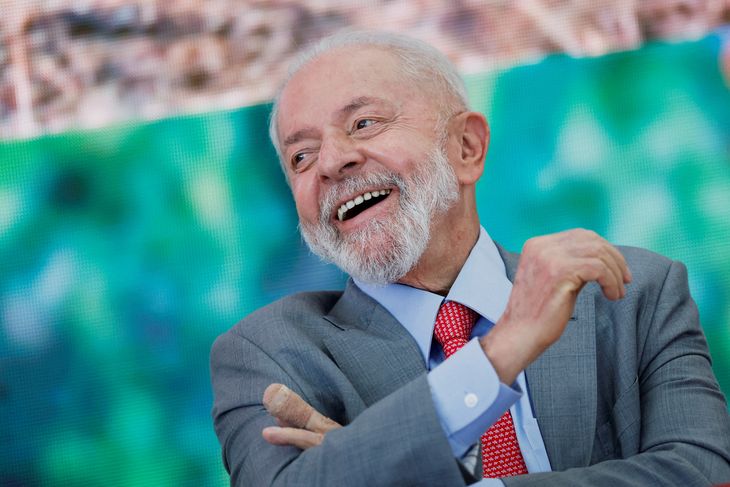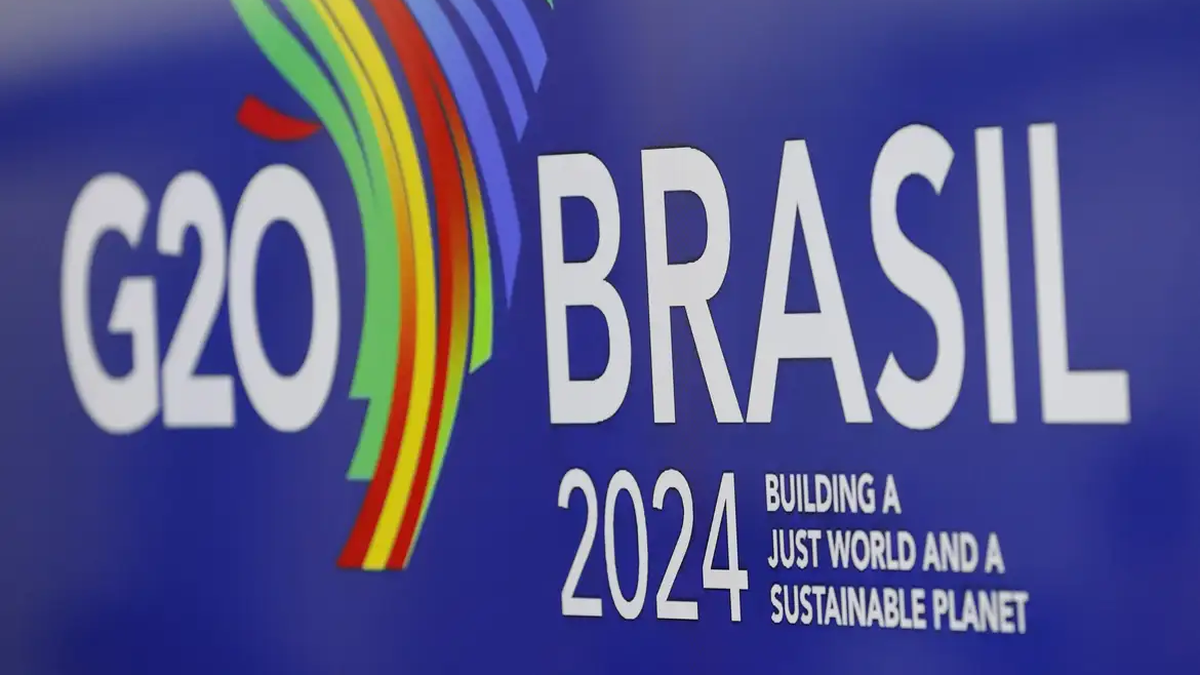The letter, signed by 19 members of the Club of Madrid – a forum of former leaders with more than 100 participants – proposes to establish a 2% annual tax on fortunes over US$1,000The text also praises the current US president’s proposal for an income tax on billionaires, Joe Bidenalthough it requires joint cooperation to combat the tax evasion by the richest.
The signatories include political figures from across the spectrum: from former Chilean president, Michelle Bacheletuntil the former French Prime Minister Dominique de Villepin. According to the signatories, “a global agreement to tax the super-rich would be an injection of multilateralism: demonstrate that countries can unite for the common good“.
The Billionaires Tax
Driven by 19 former leaders from around the world, The letter was sent to the G20the international forum that brings together the leaders of the 20 largest economies in the worldThe aim of the text is to demand that the current authorities support a Global tax on billionairessomething that is described as a “rare political opportunity“.
Club_de_Madrid_members_at_an_Annual_Policy_Dialogue.jpg
19 members of the Club of Madrid signed the proposal.
The initiative was made known through a proposal by the Brazilian G20 presidency in February. The aim was to obtain support for a declaration at the meeting of finance ministers and central bank governors of the group, which was held will be held later this month in Rio de Janeiro.
Signatories from across the political spectrum include Chilean Michelle BacheletSwedish Stefan Lofventhe Spanish Felipe Gonzalez and Jose Luis Rodriguez Zapaterothe French Dominique de Villepinthe Canadian Kim Campbellthe Australian Julia Gillard and the South Korean Han Seung-soo.
Brazil’s initial proposal, drawn up by the French economist Gabriel Zucmanof the independent Fiscal Observatory of the European Union, plans to establish a 2% annual tax about the fortunes over US$1 billion. This could generate a collection of up to US$250 billion annually coming from some 3,000 individuals.
Although the statement from the last meeting of the G7held in June this year, stated that the group would continue to collaborate with the Brazilian G20 presidency to enhance international cooperation and boost efforts towards progressive and equitable taxation of individuals, Some countries have already raised objections to the proposal.For example, in May, the German Finance Minister, Christian Lindnerdeclared that his country sees with “great skepticism” the new components of a “global fiscal agenda“, while the US Treasury Secretary Janet Yellenstated that the United States “could not support negotiations that involved the redistribution of tax revenue between countries“.
For now, France, Spain, Colombia, Belgium, the African Union and South Africa supported the initiative. Next year, South Africa will chair the G20 summit and continue the tax debate.
A recent precedent: the tax on billionaires in Brazil
Brazil, one of the promoters of this measure, has already applied a similar policy in its territory in recent months. It was in December 2023when Lula da Silva enacted a law to taxing the investments of the so-called “super-rich” in custom funds and offshore companies.
The text changed a number of laws – including the Civil Code – to allow for increasing the rates charged on exclusive funds, as investment funds tailored for high-income individuals are known, and on financial applications in “offshores“.
Lula Da Silva.JPG

Lula Da Silva is the current president of the G20.
Before this law, taxation occurred when the profit obtained from investments abroad was transferred to individuals in Brazil but not if they remained outside the country. Since December 2023, the Taxation will be carried out once a yearon December 31st, and will be from fifteen%.
This policy generated in 2024 the largest Brazilian tax collection since 1995. The Increase in tax collection – which reached almost 7% year-on-year – It is considered the key piece for the objective of zero deficit raised by the Minister of Finance, Fernando Haddad, by 2024, within the new fiscal framework, which replaced the 20-year public spending ceiling that was in force from 2016 until last year.
Thus, the Brazilian tax collection reached 280.636 billion reais (US$56.8 billion) in January. The result is the best recorded in real terms for all months in the historical series of statistics, which began in 1995.
Along these lines, one of the factors that contributed to the result was the Taxation of exclusive investment funds of the so-called super-richwhat gender 4.1 billion reais – US$830 million – a growth actual 24.4%.
Source: Ambito




